As of July 2024, there are more than 2.5 million electric vehicles on the road in the United States alone, and there are more than 40 million EVs being driven around the world.
However, a recent study shows that 29% of people around the world and 46% of Americans regret purchasing their electric vehicle and are seriously considering switching back to a gas-powered option. Let’s find out why.
The McKinsey & Co Survey

McKinsey & Co is an American multinational strategy and management firm that offers cohesive collected data for governments and companies around the world.
In its most recent study, McKinsey & Co investigated whether or not EV drivers were happy with their purchase, and if not, why. The survey, which was composed of 30,000 people who drive electric vehicles from around the world, showed shocking results.
29% EV Drivers Are Likely to Switch Back to Gas-Powered Cars
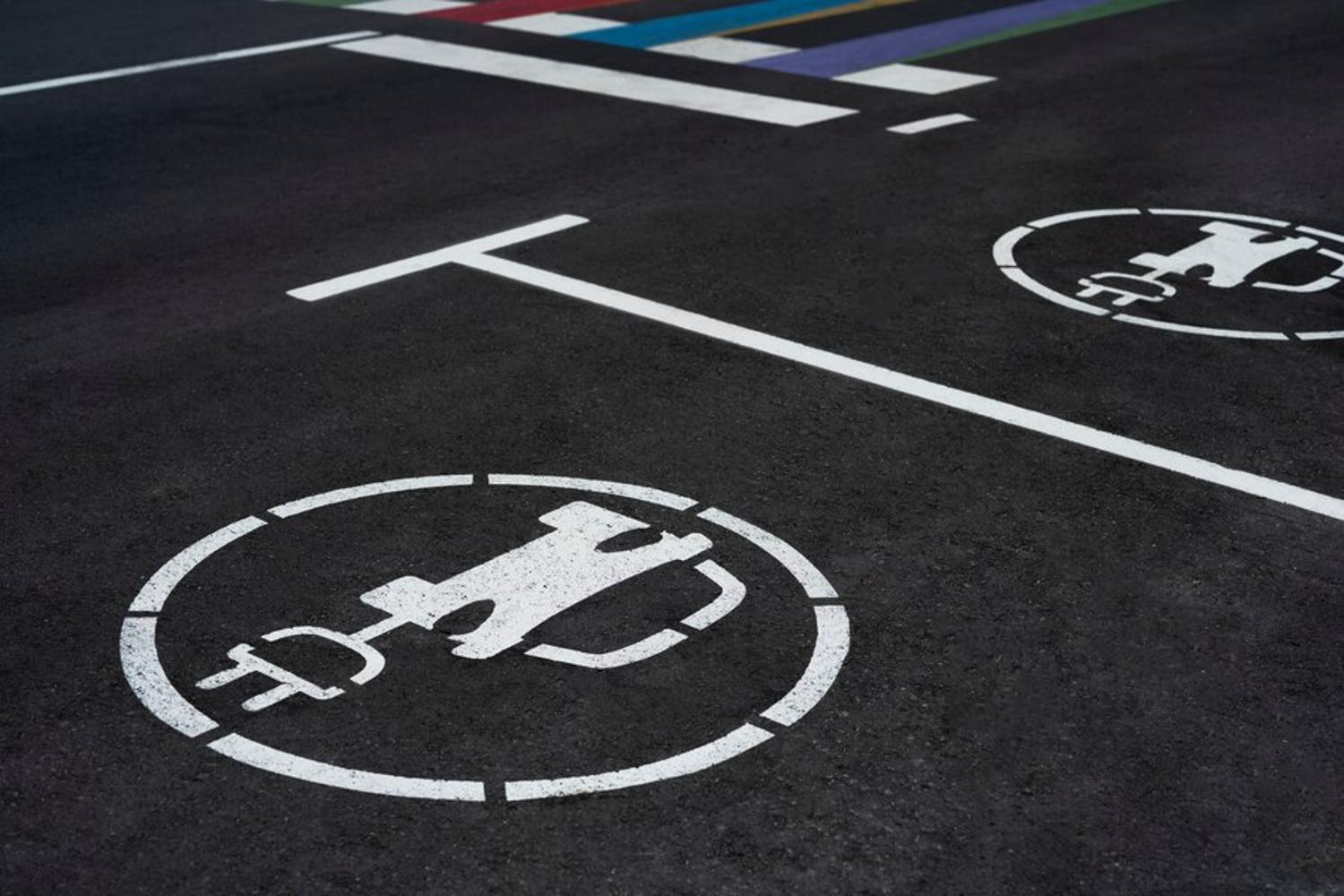
The study found that a whopping 29% of all EV drivers questioned from around the world said they will probably switch back to a gas-powered car.
However, it’s important to note that there was a wide disparity between countries as to how many EV drivers were disappointed with their purchase and likely to return to a gas-powered car.
The Countries Most and Least Impressed With EVs
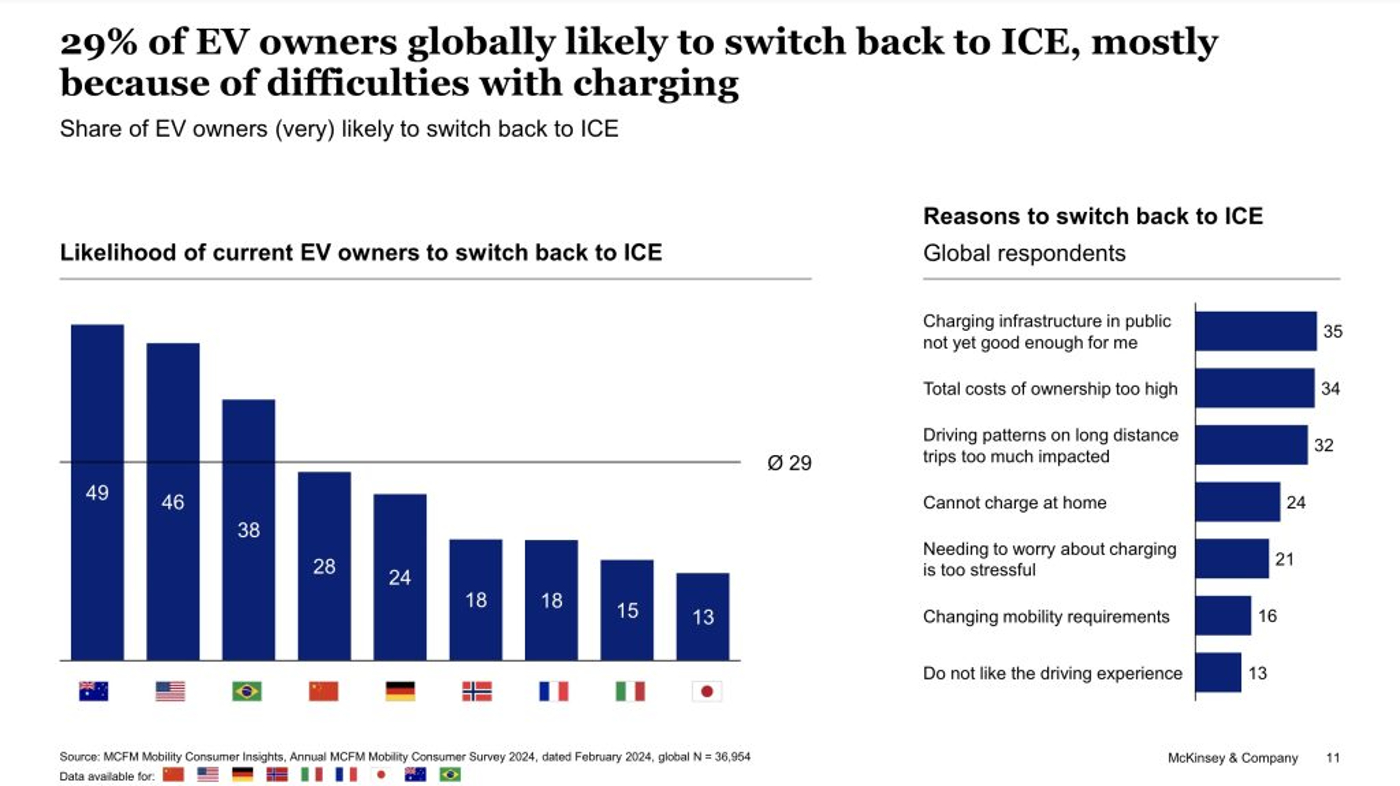
EV drivers in Japan, Italy, and France, were the least likely to return to a gas-powered car, with only 13%, 15%, and 18%, respectively, reporting they are displeased with their purchases.
Brazil, the United States, and Australia have the most drivers that say they’re going to ditch their EVs and go back to gas. In fact, while 38% of Brazilians, 46% of Americans, and 49% of Australians agreed they preferred their gasoline powered vehicles.
Why Are EV Drivers Considered Switching Back to Gas Cars?
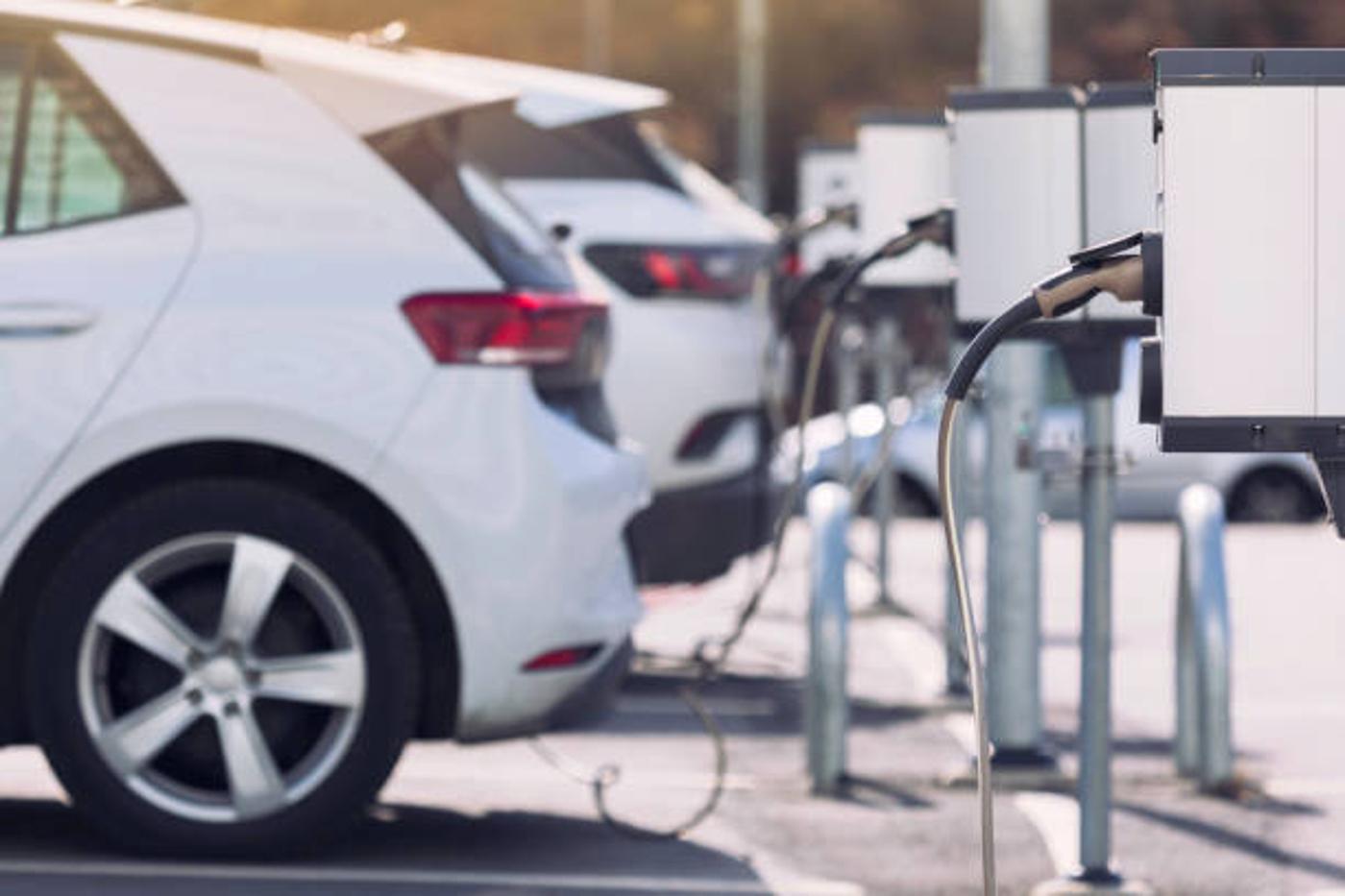
According to the data collected by McKinsey & Co, there are several reasons why EV drivers are considered selling their electric car in favor of a gas-powered model.
But the most common of these complaints is that there are not enough public charging stations to safely and efficiently drive an electric vehicle.
How Many EV Charging Stations Are in the US?
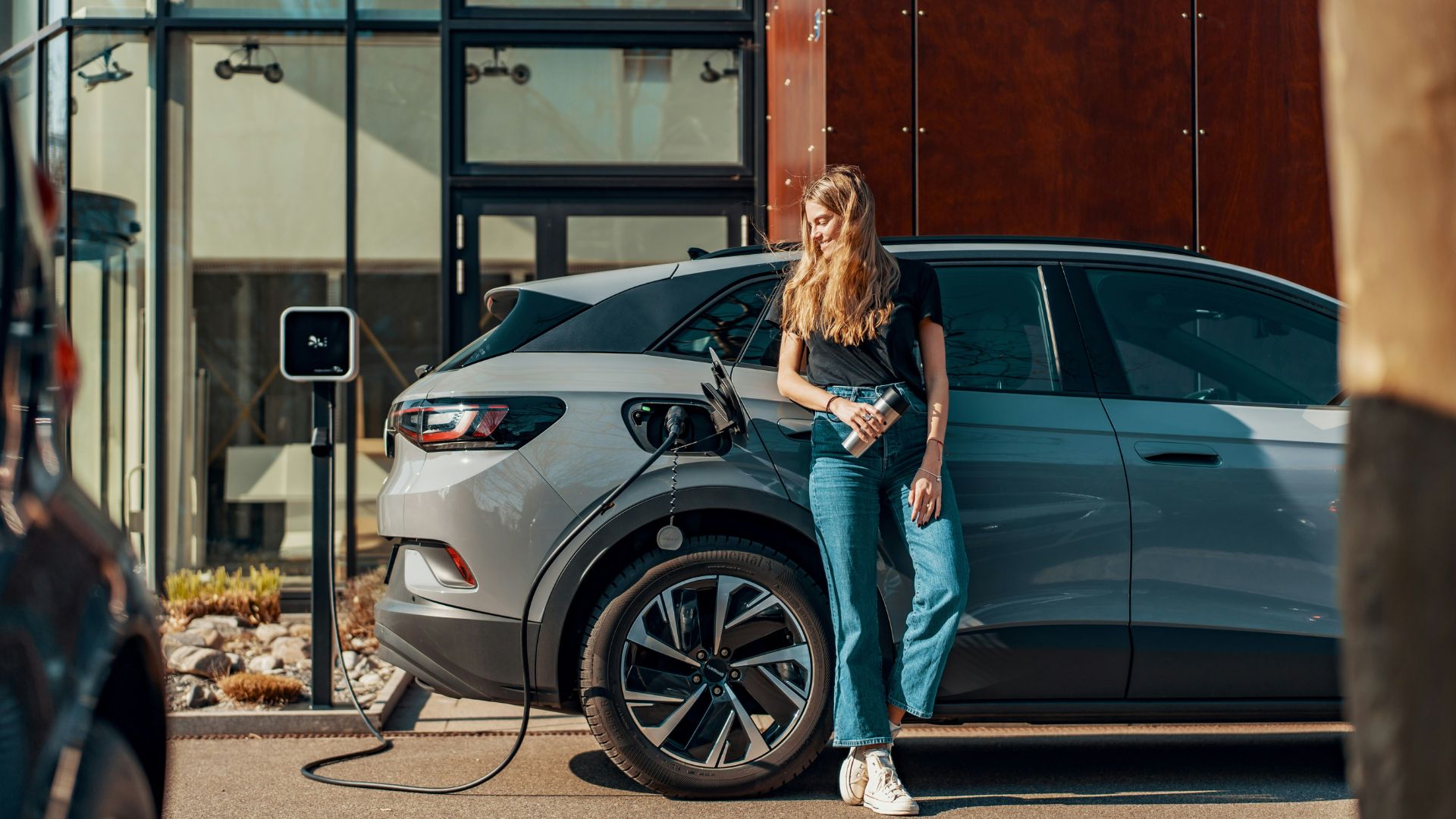
As of February 2024, there were more than 61,000 publicly accessible charging stations throughout the entire continental United States. While that may seem like a lot, consider the fact that there are more than 1 million gas station pumps.
President Biden has been promising more EV charging stations for years, but at this point in time, there simply aren’t enough to provide EV drivers with the peace of mind that they’ll always have a charging option.
Owning an Electric Vehicle Costs a Fortune

While 35% of those surveyed complained about the lack of charging stations, 34% said that the total cost of EV ownership is simply too high.
Several companies and even the US government have promised Americans that owning an EV will save them money, but drivers have not found this to be the case.
EV Drivers Wish They Had a Charging Station at Home
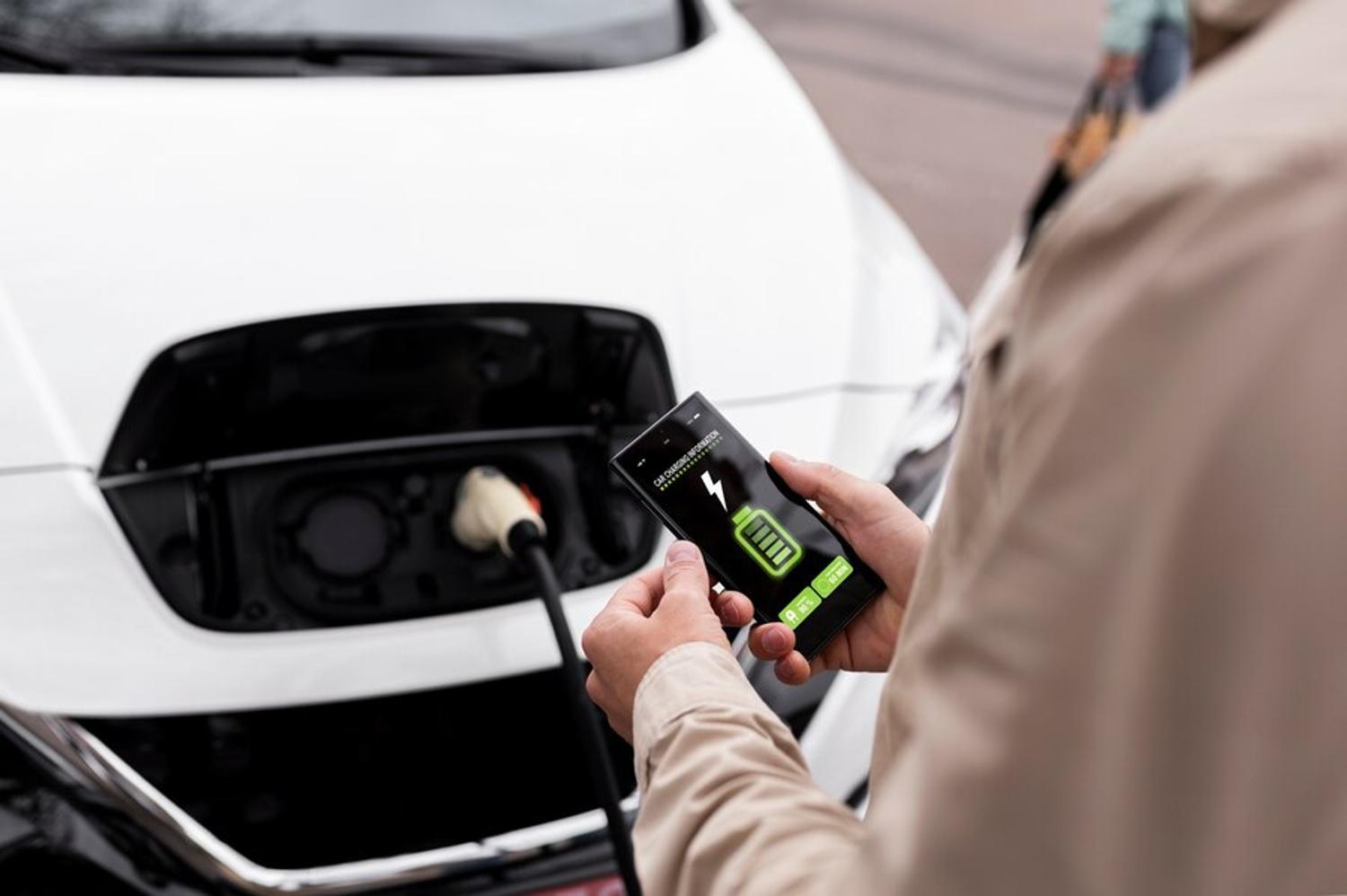
Additionally, 24% said they are frustrated that they cannot charge their cars at home and, therefore, are constantly on the hunt for an available charging station.
Imagine driving home at night from a long day and either having to sit in an empty parking lot for an hour while your car charges or head directly home and not have enough power to get to work the next day. It’s certainly not a fun scenario.
Driving an Electric Vehicle Is Stressful

Last but certainly not least, 21% of EV drivers reported that worrying about charging is simply too stressful and 32% said they no longer feel comfortable driving for long distances.
In other words, their EV cars cause them more strife than their gas-powered vehicles. Cars are supposed to offer freedom and convenience, but EVs don’t seem to be providing either.
People Were Shocked by the Study’s Results

Members of the McKinsey & Co team had no idea that their survey would illicit such shocking results.
The leader of McKinsey’s Center for Future Mobility, Philipp Kampshoff, said in a statement, “I didn’t expect that. I thought, ‘Once an EV buyer, always an EV buyer.'”
These Numbers Aren’t Great for Environmentalists
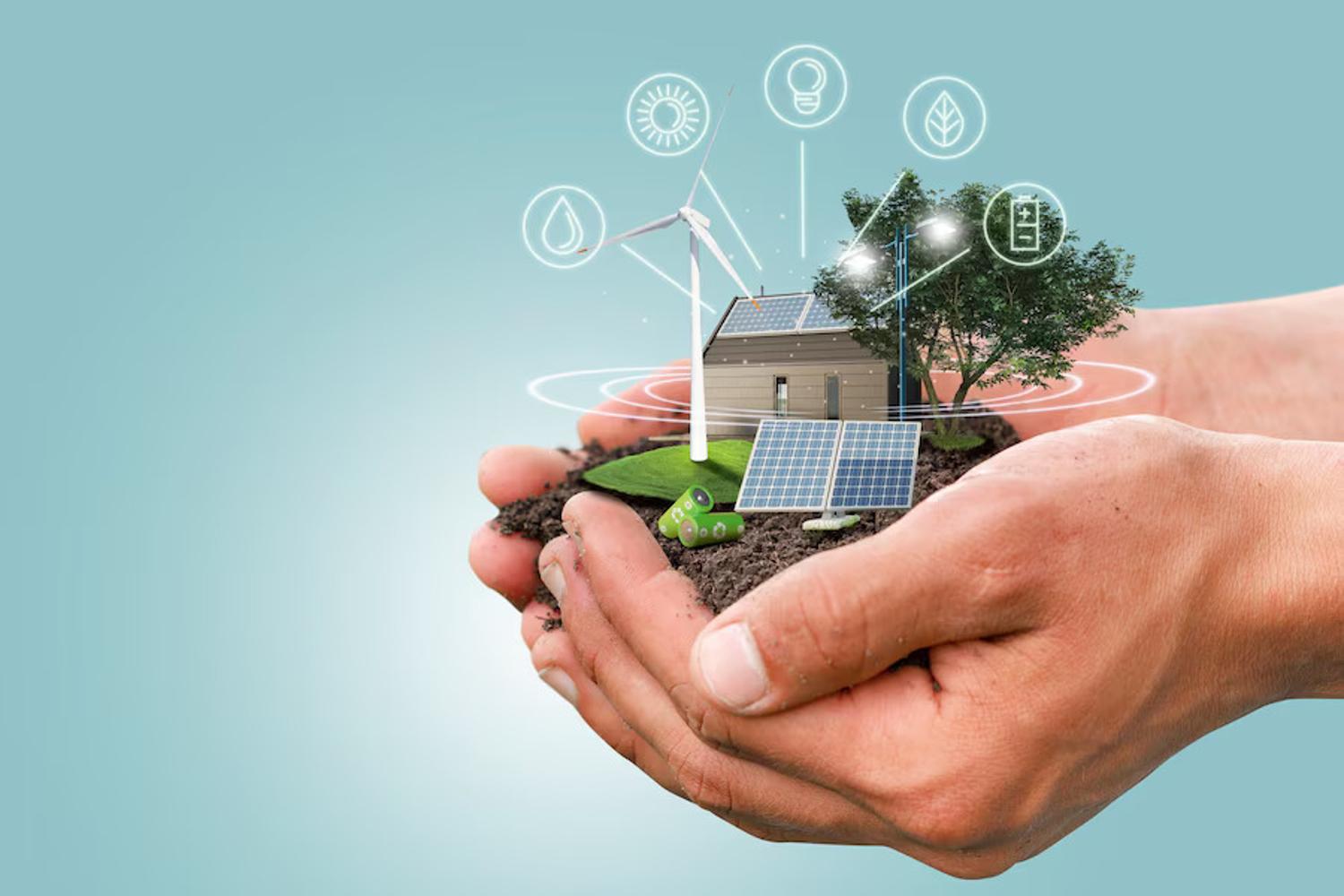
McKinsey & Co prides itself on helping companies and governments work toward sustainable energy and net-zero emissions.
However, the numbers don’t lie and the company certainly couldn’t change the data they found. And the truth is that these numbers are concerning for environmentalists all around the world.
Why Are EVs So Important to Environmentalists?

According to the US Environmental Protection Agency (EPA), transportation accounts for 31% of the total emissions in the United States, and cars produce 10% of all greenhouse gases on the planet.
Therefore, switching from gas-powered cars to electric ones would substantially reduce the amount of CO2 being released into the atmosphere. Even this one change could drastically help in the fight against climate change, but if people don’t like driving EV cars, it may not work.








































